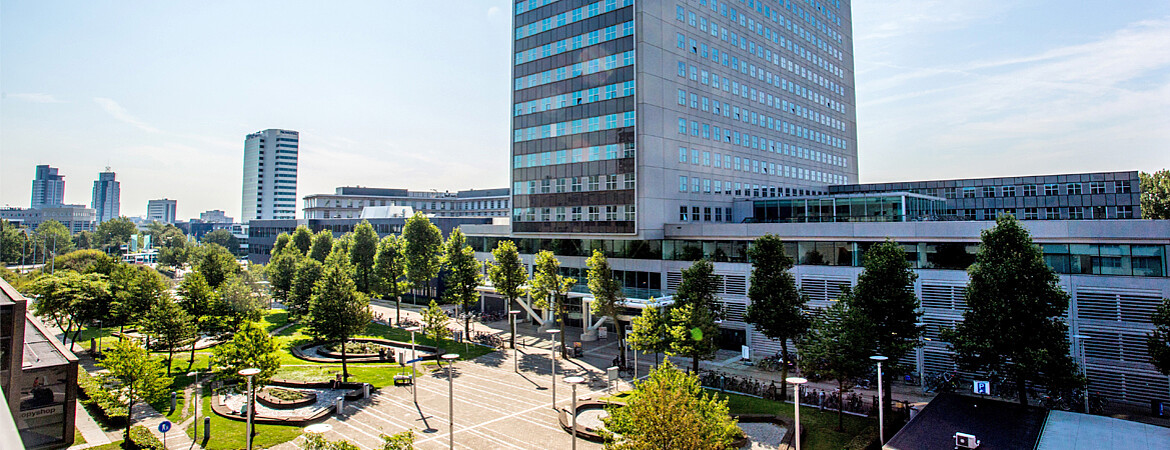S. (Shreya) Paudel

PhD Track Institutions for collective action: link between size, heterogeneity, resilience
Across Europe, new bottom-up and self-governing institutions for the provisioning of energy, food, care and many other goods and services are currently increasingly being set up by citizens. Citizens hereby govern and use resources collectively according to the rules they decide upon as a group. The institutional design of these modern-day forms of citizen collectivities has many similarities with guilds, commons, cooperatives, and other institutions that have been developed in Europe’s history. The PhD-student will studying such historical forms of institutions for collective action, together with other team members of the Institutions for Collective Action research team, several of them also working for the UNICA-project. UNICA stands for “Building a UNified theory for the development and resilience of Institutions for Collective Action for Europe in the past millennium” and aims at building a unified theory that both explains the factors behind the development and spread of such “institutions for collective action” (ICAs) across Europe over the past millennium. In the project we will focus on the claim that these ICAs are more resilient organisations than top-down, share-holder types of organisations. This will be done by:
- Creating a spatio-temporal taxonomy of archetypes of ICAs for the past millennium
- Analyzing the scaling strategies of various ICAs over time
- A study of the relationship between size and heterogeneity of both members and resources (for mutuals and collectivities concerned with natural resource management) and their impact on the institutional design of the ICA.
The PhD-position fits under the 3rd part of the project and will focus on the micro-level, and in particular on the functioning of a specific ICA, from its historical manifestations to the cooperatives formed today. The focus will be on the internal functioning of such institutions, and how this changes over time, in relation to the size and heterogeneity of both membership and the resources these organisations managed. The PhD-student has the opportunity to choose a specific type of organization, however preferably with a focus on organisations that were concentrating on natural resource management (e.g. in agriculture, fishing, energy, etcetera). However, the relevance of the in-depth study of one or more ICAs goes far beyond a contribution to explaining what makes ICAs resilient. It also connects to highly relevant societal debates about -amongst others- current societal challenges, sustainability, and globalization. Understanding good governance, whereby collective action has always been an essential element, is thus vital, both on a local and global level. The project will be executed within the Institutions for Collective Action Team at the Business-Society-Management department of RSM, where sustainability is central to all research and cooperation with other disciplines is key. The researchers of the ICA-team (see www.collective-action.info/_TEA_Main) work in a broad range of sectors in various countries, have been trained in a variety of disciplines, and apply mixed-methods approaches in their work. Besides this, all members also contribute to collective endeavours to translate their academic research to and share it with the general public, through e.g. the Extreme Citizen Science Project Collectievekracht.eu.
Further information about the project can be found at: http://www.collective-action.info/unica
- Keywords
- Institutions for Collective Action, longitudinal analysis, Social enterprises, Commons, natural resource management, resilience
- Time frame
- 2023 -
Address
Burgemeester Oudlaan 50
3062 PA Rotterdam
Postbus 1738
3000 DR Rotterdam
Netherlands






